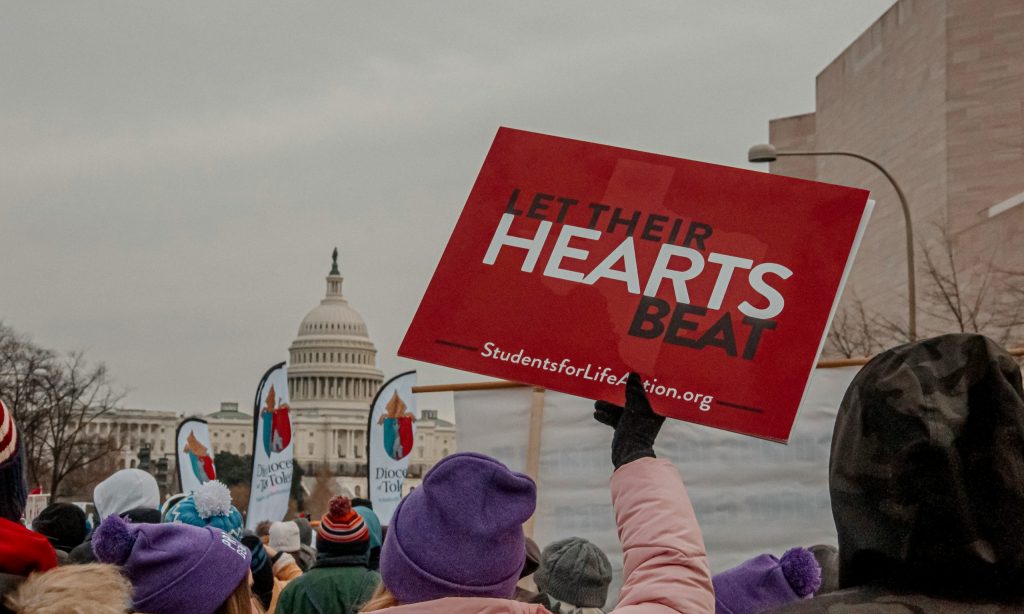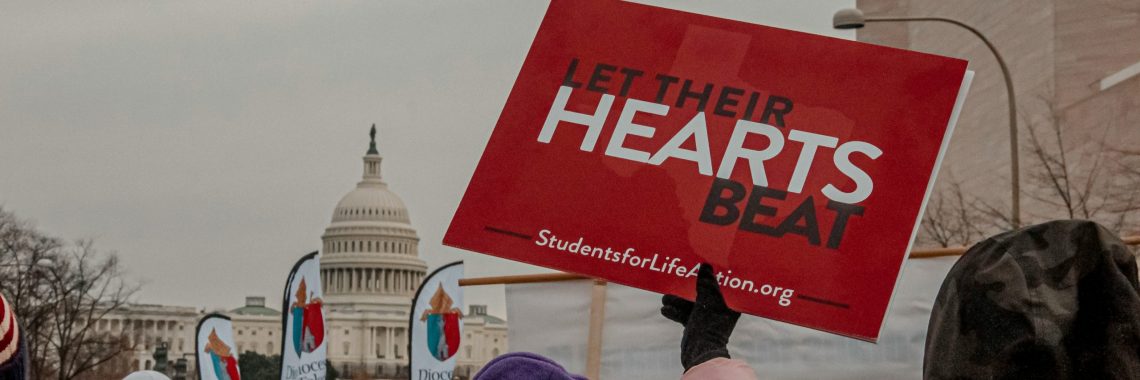Allowing Abortion in Cases of Rape and Incest Hurts Women and Unborn Children

The following is adapted from a column published in Family Council’s March 2024 update letter.
Supporters of the failed Arkansas Abortion Amendment have said the amendment is necessary to allow abortion in cases of rape and incest. To be clear, the amendment actually would have written unrestricted abortions into the Arkansas Constitution. Even so, many Arkansans understandably have serious questions about making exceptions for abortion in cases of rape or incest.
Rape and incest are horrific crimes, and the perpetrators of these crimes need to be punished as current law mandates.
A woman who is raped is a victim in every sense of the word, and public health officials have reported in the past that approximately 2%–5% of all abortions are performed because of rape or incest. In light of that, it’s easy for some elected officials to justify abortion in these situations.
We all wish we could take away the pain that victims of sexual assault experience, but there are serious problems with permitting abortion in cases of rape or incest.
Below are five points to consider.
- Abortion Does Absolutely Nothing to Prevent Rape or Incest. Despite its liberal state abortion laws, California saw its number of rape cases increase from 13,439 in 2020 to 14,435 in 2021. Legalizing abortion in cases of rape or incest does not protect women from sexual predators. It doesn’t help law enforcement arrest rapists. It doesn’t make it easier for prosecutors, judges, or juries to convict a man who rapes a woman.
- Abortion Actually Helps Conceal Rape and Incest From Authorities. In 2016 abortionist Ulrich Klopfer admitted to the Indiana Medical Licensing Board that he once performed an abortion on a 10-year-old girl from Illinois who had been raped by her uncle. Dr. Klopfer openly admitted that he did not report the crime to law enforcement. He let the girl go home to her parents who knew about the rape and had decided not to press charges. As far as anyone can tell, that girl’s uncle was never brought to justice. Indiana’s Medical Licensing Board was shocked to hear Dr. Klopfer speak so openly and so indifferently about what had been done to this girl. Abortion helps conceal evil crimes like this one.
- Abortion Does Not Heal the Harm That Rape and Incest Cause. Rape and incest cause lifelong trauma, but abortion doesn’t heal the wounds that rape or incest leave behind. Abortion takes the life of an unborn baby, and it carries serious risks for the woman. Abortion is not a quick fix. Its consequences are very serious.
- Rapists Have No Legal Claim to Their Victims or Their Victims’ Children. Under Arkansas law, a rapist has no legal claim to his victim or the children of his victim. That means a woman or girl who becomes pregnant because of rape can keep the child or put the child up for adoption, but she does not have to consult the rapist or share custody with him. Arkansas law is very clear on that point. Additionally, state courts can take other appropriate action to protect victims of rape or incest.
- The Unborn Baby is Totally Innocent. An unborn boy or girl has no control over how he or she was conceived. These are living human beings. Rape and incest are evil, and the woman who is raped is an innocent victim in every sense of the word. But the unborn child is innocent as well. Is it right to kill an unborn baby because the baby’s father was a rapist?
Articles appearing on this website are written with the aid of Family Council’s researchers and writers.





